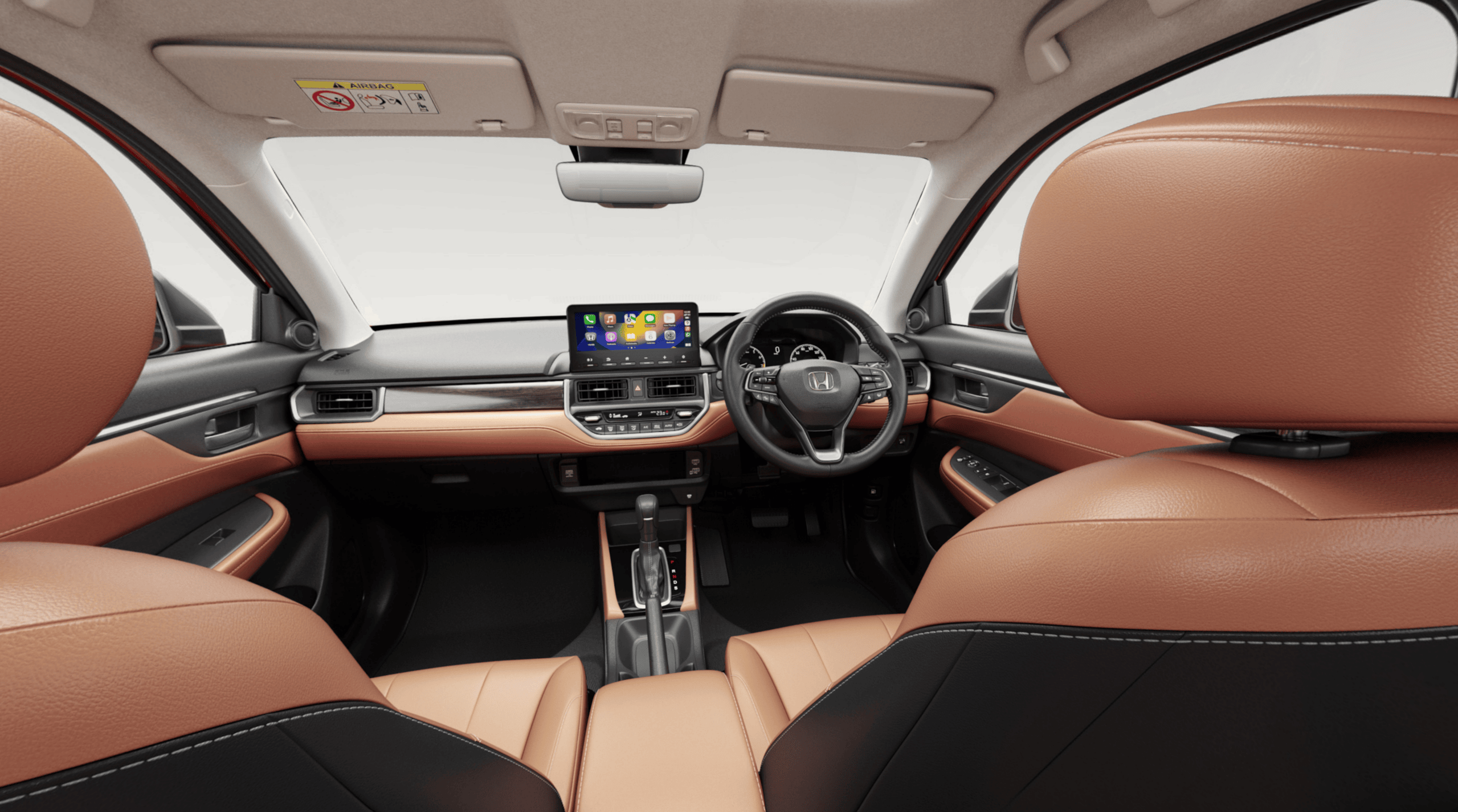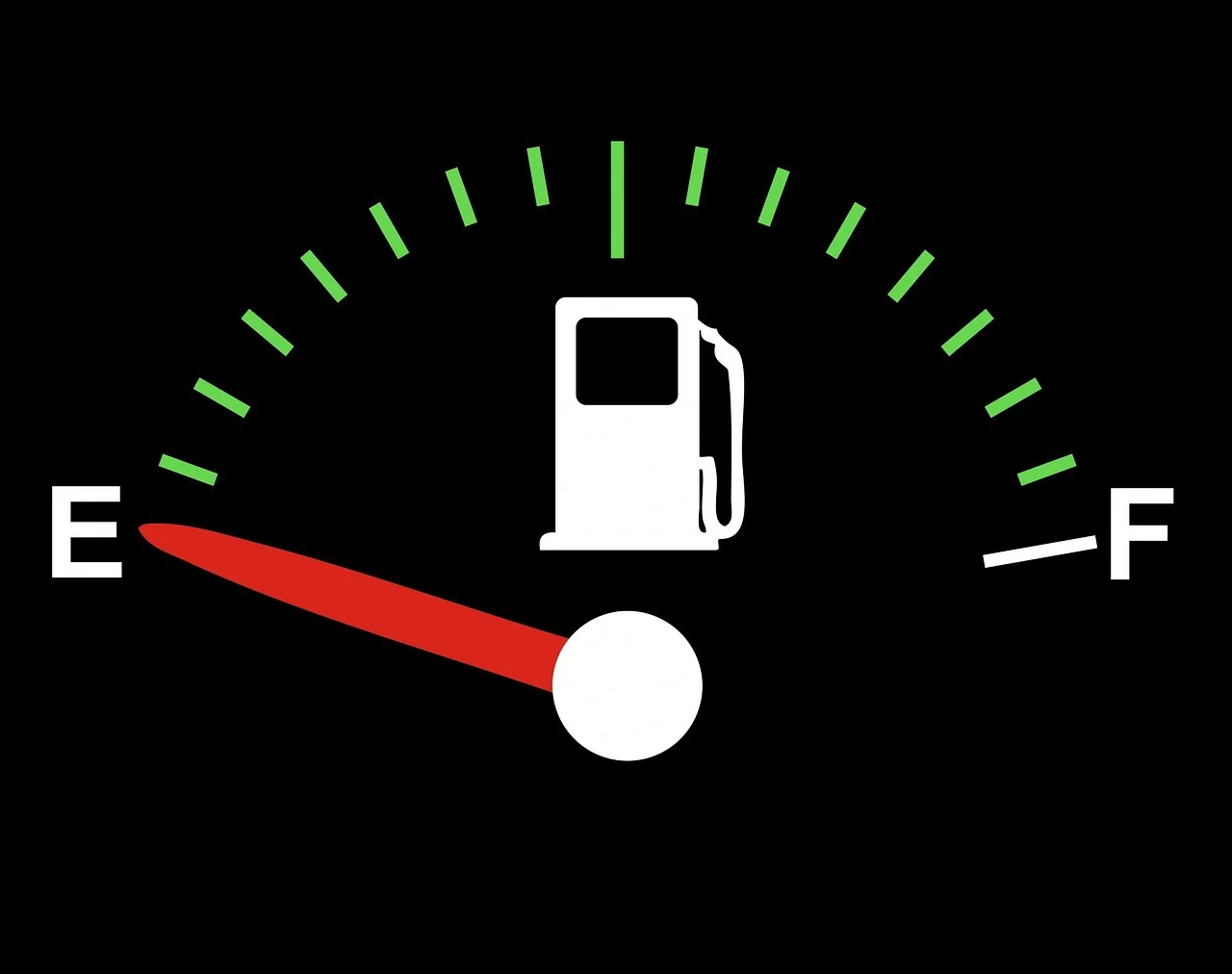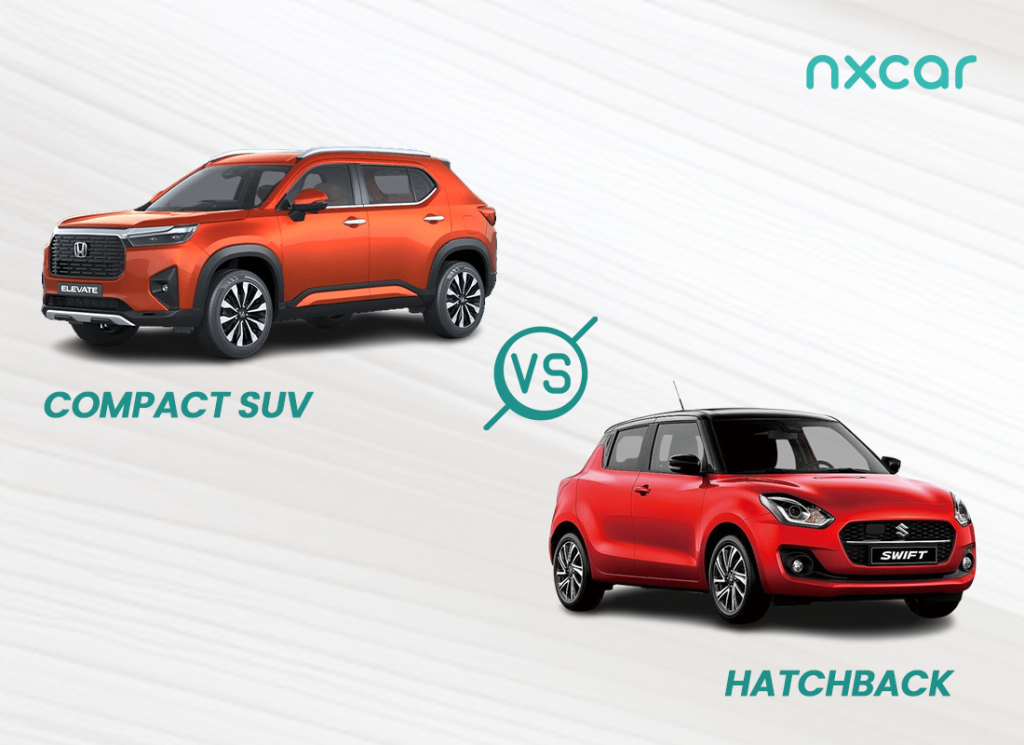Choosing between a used hatchback and a compact SUV can feel like navigating a maze. Both offer unique advantages, but the real challenge lies in understanding which one aligns best with your lifestyle. Imagine cruising through city traffic in a nimble hatchback, effortlessly slipping into tight parking spots. Now, contrast that with the commanding presence of a compact SUV, offering a higher driving position, more cargo space, and a sense of adventure at every turn. The dilemma isn’t just about size—it’s about what you need most from your vehicle.
Are you looking for fuel efficiency and easy maneuverability, or do you crave the rugged versatility that comes with higher ground clearance and more storage? The decision might seem daunting, but understanding the key differences between a hatchback vs compact SUV can make your choice clearer. In this guide, we’ll break down the pros and cons of each, helping you answer the question: “Hatchback vs Compact SUV – Which one should you pick?” Whether you’re after practicality or a bit of both, we’ve got you covered.
Space and Comfort

When comparing space and comfort in the context of used hatchback vs compact SUV, the Indian car buyer often faces a tough choice. Both vehicle types offer distinct advantages, making the decision largely dependent on your specific needs and lifestyle.
- Interior Space:
- Hatchback: Typically, hatchbacks provide sufficient space for small families or individual users. The rear seating is adequate for shorter commutes, but legroom can be cramped for taller passengers, especially on longer journeys.
- Compact SUV: Compact SUVs, on the other hand, offer more generous interior space. The higher roofline and larger cabin make it comfortable for five adults, with better legroom and headroom. Ideal for family trips and longer drives.
- Comfort Levels:
- Hatchback: Hatchbacks are known for their easy maneuverability in tight city streets. The lower seating position offers a more car-like driving experience, which many find comfortable for daily commutes.
- Compact SUV: Compact SUVs come with a higher seating position, providing a commanding view of the road. The suspension is often more robust, making it better suited for Indian roads with potholes and uneven surfaces, offering a smoother ride over longer distances.
In summary, when considering Used Hatchback vs Compact SUV in India, hatchbacks are great for urban driving, while compact SUVs excel in providing space and comfort, especially for families and longer journeys.
Fuel Efficiency

When considering fuel efficiency, the debate between Used Hatchback vs Compact SUV becomes particularly relevant. With rising fuel costs and increasing traffic congestion in urban areas, choosing the right vehicle for fuel economy is crucial.
- Fuel Economy:
- Hatchback: Hatchbacks generally lead the pack in terms of fuel efficiency. Their smaller size, lighter weight, and optimized engines make them ideal for city driving. Whether navigating through dense traffic or cruising on highways, hatchbacks tend to offer superior mileage, making them a favorite among cost-conscious drivers.
- Compact SUV: While compact SUVs offer more power and space, this often comes at the expense of fuel efficiency. Their larger engines and heavier build typically result in lower mileage compared to hatchbacks. However, advancements in technology have helped some compact SUVs narrow the gap, offering decent fuel efficiency for their segment.
- Engine Choices:
- Hatchback: These vehicles often come with smaller, more fuel-efficient engines. Many models offer petrol and diesel variants, with the petrol engines being particularly frugal.
- Compact SUV: Compact SUVs usually come with larger engines, which, while offering more power, can consume more fuel. Diesel variants in compact SUVs tend to be more fuel-efficient, especially for long highway drives.
In conclusion, if fuel efficiency is your top priority, a used hatchback might be the better choice. However, if you need a balance of power and space, a compact SUV can still offer respectable fuel economy.
Handling

When it comes to handling, the choice between a Used Hatchback vs Compact SUV can significantly impact your driving experience. In the diverse and often challenging road conditions found across India, how a vehicle handles tight turns, sudden stops, and unpredictable obstacles can make all the difference.
- Agility:
- Hatchback: Hatchbacks are generally more agile, thanks to their smaller size and lower center of gravity. This makes them easier to maneuver in congested city streets and tight parking spaces. Their lighter weight allows for quicker steering response, making them ideal for navigating through narrow lanes and sharp turns.
- Compact SUV: While compact SUVs offer a commanding driving position and better road visibility, they often sacrifice some agility due to their larger size and higher center of gravity. However, many modern compact SUVs have been designed with improved suspension systems that enhance their stability, especially on highways and rougher terrains.
- Ride Comfort:
- Hatchback: With a focus on city driving, hatchbacks typically offer a smoother ride on well-paved roads. However, they may struggle on uneven surfaces or poorly maintained roads, where their smaller tires and lower ground clearance can become a disadvantage.
- Compact SUV: Compact SUVs, with their higher ground clearance and robust suspension systems, handle rough roads and speed bumps more effectively. This makes them a better choice for those who frequently drive on highways or in areas with less-than-perfect road conditions.
In summary, if your daily drive involves tight city corners and frequent stops, a used hatchback might be the better option. However, if you need a vehicle that can confidently tackle rougher roads while providing a stable ride, a compact SUV could be the way to go.
Cost and Maintenance

When evaluating Cost and Maintenance between a Used Hatchback vs Compact SUV, several key factors come into play that can influence your decision. The ongoing expenses associated with these vehicle types are critical for buyers in India, where budget considerations are often top of mind.
- Initial Purchase Cost:
- Hatchback: Generally, used hatchbacks come with a lower price tag, making them an attractive option for budget-conscious buyers. Their smaller engines and simpler construction typically result in a lower upfront cost compared to compact SUVs.
- Compact SUV: On the other hand, compact SUVs tend to be more expensive due to their larger size, more powerful engines, and additional features. However, they also offer greater versatility and higher resale value, which can be beneficial in the long run.
- Maintenance Expenses:
- Hatchback: Hatchbacks are known for their economical maintenance. With smaller engines and fewer complex components, routine services and repairs are usually more affordable. Additionally, their popularity in India means spare parts are widely available and inexpensive.
- Compact SUV: Maintenance costs for compact SUVs are generally higher. These vehicles often come with advanced features, larger engines, and more rugged components, which can lead to increased service costs. However, their durability can offset these expenses, especially for those who require a vehicle capable of handling rougher terrains.
In conclusion, if you’re looking to minimize costs both initially and over time, a used hatchback might be the more economical choice. However, if you value versatility and can manage slightly higher maintenance expenses, a compact SUV offers added benefits that could justify the investment.
Also Read – 10 Best Used SUV to Buy in India under 10 Lakhs | RWD & 4X4
Safety

When considering Safety between a Used Hatchback vs Compact SUV, several factors make each vehicle type distinct, particularly in an Indian context where road conditions can vary widely.
- Build and Structure:
- Hatchback: Generally, hatchbacks are smaller and lighter, which can make them more agile in city traffic. However, this lighter build often translates to thinner body panels and a lower center of gravity, which might not offer as much protection in the event of a collision.
- Compact SUV: Compact SUVs typically feature a more robust structure, with reinforced frames and higher ground clearance. This sturdier build can provide better protection in accidents, especially on highways or rough terrains. The elevated seating position also offers better visibility, which is a crucial safety aspect.
- Safety Features:
- Hatchback: While modern hatchbacks come equipped with essential safety features like airbags, ABS, and rear parking sensors, they may lack advanced driver assistance systems (ADAS) found in larger vehicles. Their compact size, however, makes them easier to maneuver in tight spots, reducing the likelihood of minor accidents.
- Compact SUV: Compact SUVs often come loaded with additional safety features such as hill assist, electronic stability control, and multiple airbags. These features enhance overall safety, particularly in challenging driving conditions like rain or steep inclines.
In conclusion, if safety is your primary concern, particularly in varying road conditions, a Compact SUV may offer a superior package. However, a Hatchback provides adequate safety for everyday urban driving, making it a practical choice for city dwellers.
Also Read – Monocoque Chassis Cars in India: Top 7 SUVs You Should Know
In conclusion, when weighing the benefits of a Used Hatchback vs Compact SUV, your choice should align with your specific needs and driving conditions. Hatchbacks offer practicality, fuel efficiency, and easier maneuverability, making them ideal for city dwellers. On the other hand, Compact SUVs provide more space, better safety features, and a higher driving position, which can be crucial for longer drives and rougher terrains. Ultimately, both options have their merits, and understanding your priorities will help you make the best decision.


